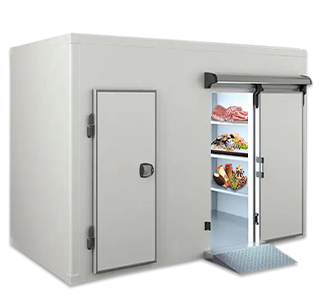Industrial Food Chiller Manufacturing Companies and Their Role in Food Preservation
The Rise of Industrial Food Chiller Factories
In the modern era of food production and distribution, the role of industrial food chiller factories has become increasingly vital. As the global population continues to grow, the demand for safe, preserved, and accessible food has escalated. Industrial food chillers are essential tools that help in maintaining the freshness and quality of perishable goods such as meat, dairy, fruits, and vegetables. These facilities play a crucial role in the food supply chain, ensuring that products remain safe for consumption and reducing food waste.
Understanding Industrial Food Chillers
Industrial food chillers are large-scale refrigeration systems designed to lower the temperature of food products during processing and storage. They utilize various technologies, including ammonia refrigeration, glycol systems, and environmentally friendly refrigerants, to achieve optimal cooling temperatures. These chillers are engineered to handle massive volumes of food and incorporate sophisticated monitoring systems to maintain consistent conditions.
The primary objective of these chillers is to extend the shelf life of food products. By lowering the temperature, harmful bacteria and microbes that cause spoilage are inhibited, significantly reducing the risk of foodborne illnesses. This preservation process is critical not only for public health but also for economic reasons. With proper cooling systems in place, companies can reduce losses from spoiled goods and ensure a steady supply for retailers and consumers.
Environmental Considerations
The environmental impact of industrial food chiller factories cannot be overlooked. Traditional refrigeration systems often relied on refrigerants with high global warming potential. However, there has been a significant shift toward eco-friendly cooling solutions. Many factories are now adopting natural refrigerants like carbon dioxide, which have minimal environmental impact. Furthermore, manufacturers are increasingly focusing on energy-efficient systems that minimize energy consumption and reduce greenhouse gas emissions.
industrial food chiller factories

Sustainable practices are becoming standard, with many factories implementing renewable energy sources, such as solar or wind power, to operate their chillers. This shift not only helps in complying with environmental regulations but also appeals to socially conscious consumers and businesses looking to enhance their sustainability profiles.
Technological Advancements
Innovation in technology is another driving force in the development of industrial food chiller factories. The integration of the Internet of Things (IoT) allows for real-time monitoring and data analysis of refrigeration systems. This technology enables factory operators to predict maintenance needs, reduce energy wastage, and optimize refrigeration cycles for better efficiency. Additionally, advancements in automation have streamlined various processes within the chilling operations, allowing for a more effective workflow and reduced labor costs.
The Future of Food Chilling
The future of industrial food chiller factories appears promising, especially with the increasing emphasis on food safety and sustainability. As regulations become stricter and consumer expectations rise, the demand for advanced chilling systems will continue to grow. Predictive analytics and AI are set to play a significant role in enhancing efficiency and accuracy in temperature control, making it easier for food producers to comply with safety standards.
In conclusion, industrial food chiller factories are the backbone of modern food preservation and distribution. As they evolve with technological advancements and address environmental concerns, their importance in the food supply chain is only expected to increase. By investing in these systems, businesses can ensure the delivery of safe and high-quality food products, contributing to a sustainable future for the global food industry.
















































































































